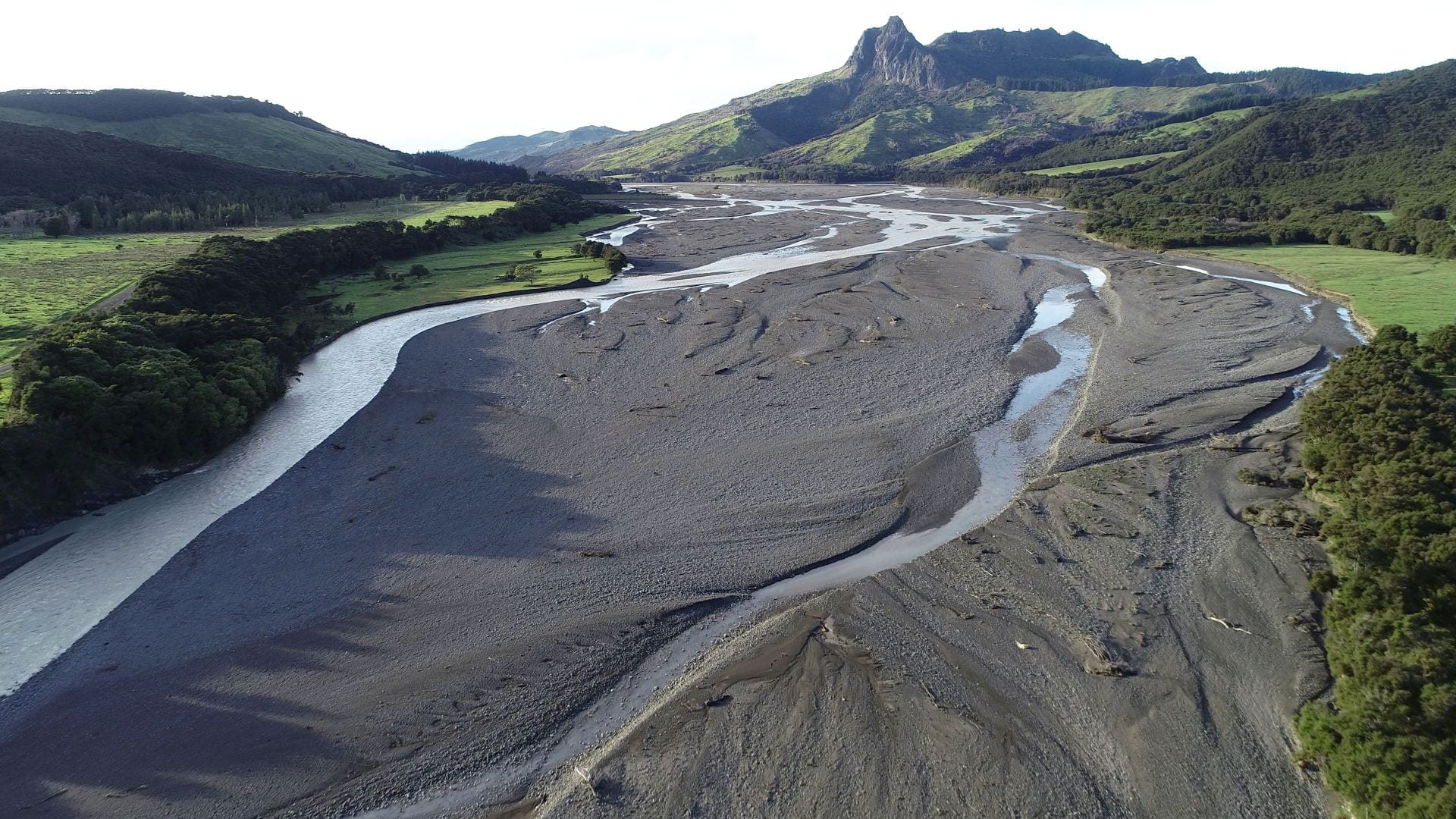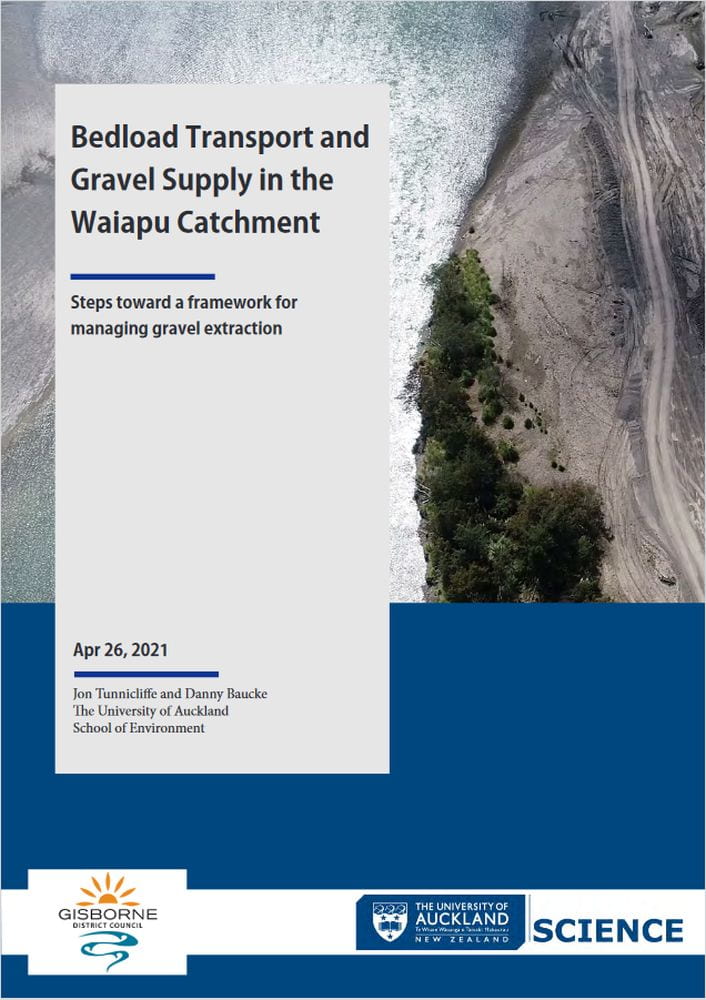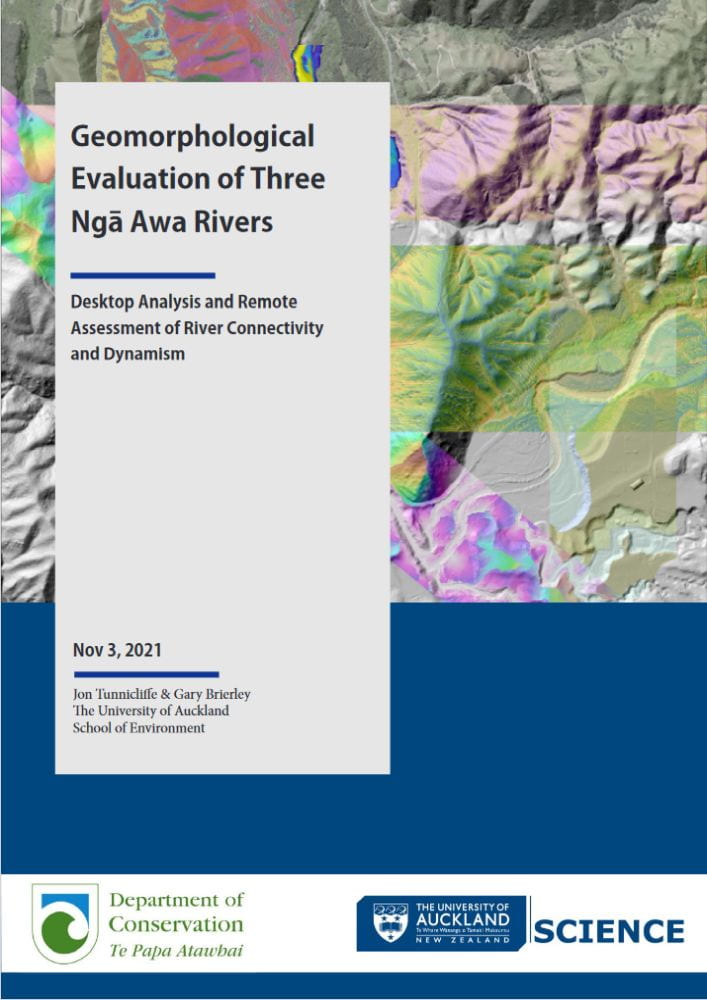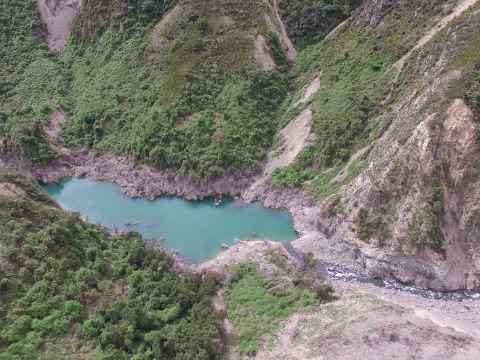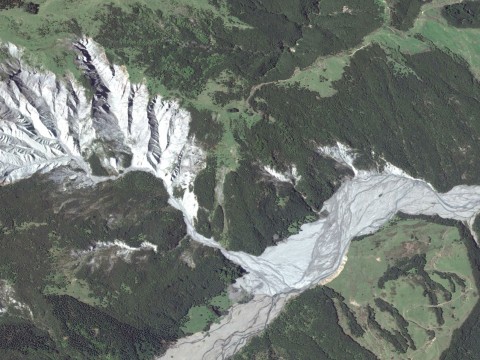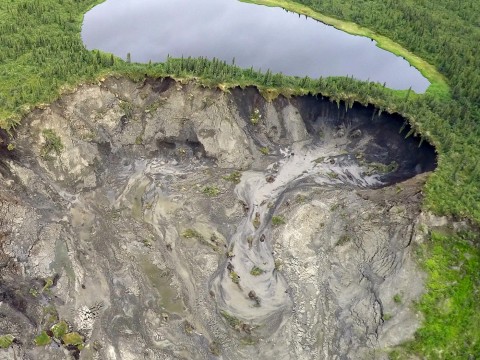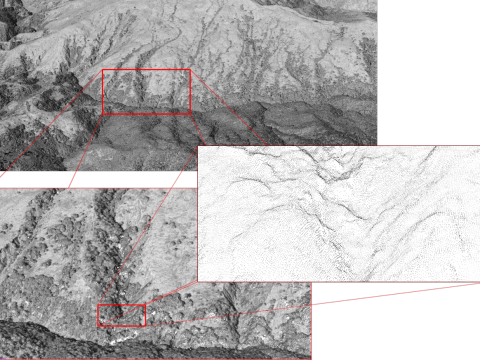Jon Tunnicliffe is Associate Professor in River Science, at The University of Auckland’s School of Environment.
This site provides an overview of my work, past and present, with students and other collaborators.
Our work employs a range of innovative techniques to understand the nature of landscape change through the action of rivers. These pages provide an overview of these projects, ranging from assessment of river change at the annual scale, to understanding controls on river behaviour over the course of 10,000 years and beyond.
River behaviour is strongly conditioned by it’s local environment and sedimentary conditions: catchment physiography, prevailing climate, grain size, and the legacy of past disturbances. Working in environments such as New Zealand’s East Cape or Canada’s Peel Plateau has provided some exceptional insights into river forms and feedbacks: by documenting some of the exceptional disturbances upon the river system in these places, we have learned much about the nature of river sediment regimes, and the rates and mechanisms of recovery. There is also much to learn about managing river systems and their catchments.
Some of the key works in progress are presented in the links below.
If you are interested in taking up a graduate project with our group at the School of Environment, please have a look at my Students Page, as well as our postgraduate web resources.
Contact
Jon Tunnicliffe
j.tunnicliffe@auckland.ac.nz
orcid.org/0000-0003-0377-7803
FigShare
ResearchGate
Curriculum Vitae
University Directory Page
The University of Auckland
+64 9 923 2320
Science Centre, Room 302-749
23 Symonds Street, Auckland
Private Bag 92019, Auckland 1142, New Zealand
Recent Projects:
|
Bedload Transport and Gravel Supply in the Waiapu Catchment: Steps toward a framework for managing gravel extraction
Jon Tunnicliffe & Danny Baucke This report identifies issues regarding gravel extraction on the Waiapu River, and proposes some steps towards developing a sustainable management framework. The report further aims to inform best practices for gravel extraction, with a view to enhancing community engagement with decision making, managing water quality issues, and nurturing the development of river habitat. The report provides an overview of river geomorphology and its links to ecology, river connectivity relationships within the drainage network, and an approach to assessing sensitive sites along river corridors and sustainability of the proposed activity. Some perspective on adaptation in a changing climate is outlined: gravel supply is ultimately determined by storm climate, and therefore extraction regime should reflect this variation.
|
Geomorphological Evaluation of Three Ngā Awa Rivers
Jon Tunnicliffe & Gary Brierley The report provides an overview of river geomorphology and the remote assessment of sediment connectivity, river network dynamics and reach classification. From a conservation perspective, it is important to ascertain the diversity of river forms within a catchment and the habitat potential within these river types. By overlaying multiple layers of landscape information, it is possible to assess which sites may be vulnerable to the effects of land use factors such as forestry, farming, urbanisation, as well as longer-term shifts arising from climate change. Through the use of remote sensing and desktop tools, a framework for planning and decision making can be developed in the context of the Department of Conservation’s Ngā Awa Programme.
|
River Mapping with LiDAR
